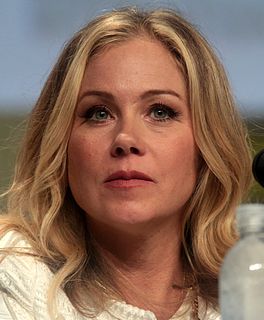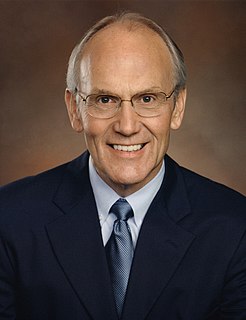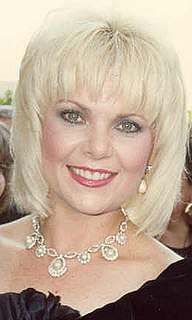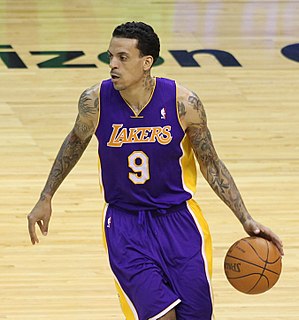A Quote by Margaret Cuomo
Mammography will remain a controversial issue because it is an imperfect tool involving ionizing radiation. Let's move beyond this method that is decades old and move forward with an early detection method for breast cancer that will not increase a women's cancer risk at all.
Related Quotes
The development of a strategic plan for cancer prevention in medical schools that is supported by all stakeholders - including the medical community, government, the insurance industry, cancer advocacy groups and all those dedicated to cancer prevention - will be the key to inspiring patients to live lifestyles that will decrease cancer risk.
Ionizing radiation may well be the most important single cause of cancer, birth defects, and genetic disorders... The stakes for human health are very, very high in radiation matters. It is essential that people take no chance that conflict-of-interest is producing radiation databases which...cannot be trusted.































